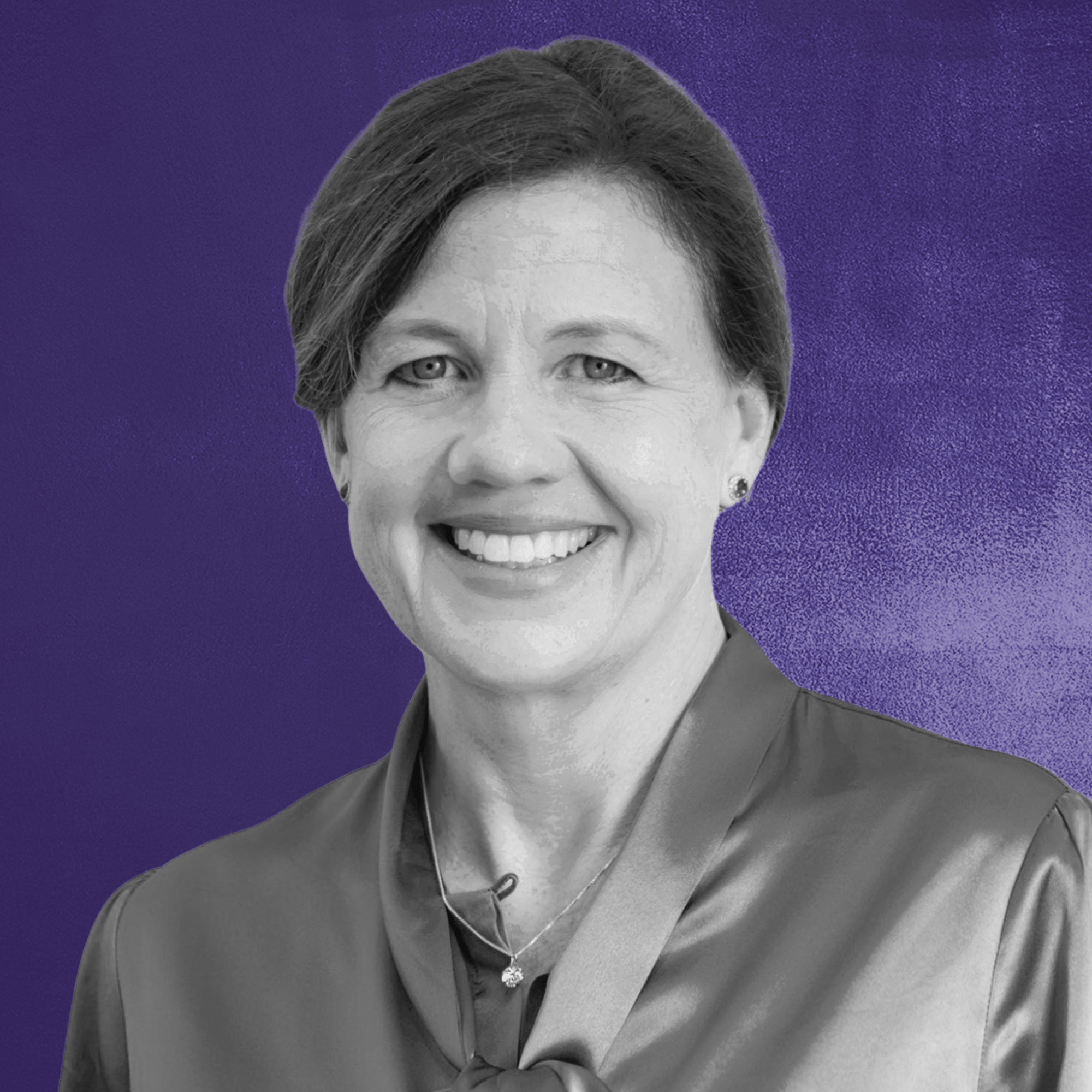
Kogod School of Business
It may be the fall semester, but the weather’s had little resemblance to autumn. The unofficial start to the season has brought yet another stretch of 90-degree days in DC.
On July 4, when fireworks decorated the DC skies, the sun was setting on the planet’s hottest day in recorded history.
At other points this summer, floods ravaged parts of New England. Smoke from Canadian wildfires choked much of the country, especially on the East Coast. A hurricane uncharacteristically bore down on the Pacific Coast. And, tragically, Maui saw the deadliest wildfire in modern US history…as much of the country dealt with prolonged heat waves.
For Kogod Department of Management professor Jennifer Oetzel, whose research focuses on social, economic, and environmental sustainability, the underlying climate change implications of this summer’s extreme weather only underscores the urgency for change-oriented policymaking, business practices, and preparing the next generation of changemakers.
“Unfortunately, I think it’s going to be a bellwether for what we can expect going forward,” Oetzel said. “It’s the new normal, and it’s incredibly alarming.”
Here are five key takeaways she shared from this summer’s extreme weather.
The impacts of climate change are only growing.
As dramatic as the hurricanes, flooding, and wildfires are, it may be the high heat that concerns Oetzel most regarding the effects of climate change.
“Heat waves, in particular, are the deadliest of all the natural disasters and natural hazards,” she pointed out.
And the numbers this summer were staggering.
July was the world’s hottest month on record, according to the National Oceanic and Atmospheric Association (NOAA).
And that was after Earth’s hottest June ever.
“The magnitude of the problem is only going to increase, unfortunately,” Oetzel said.
Climate change is affecting consumers more than ever.
Depending on where you live, climate change may affect you or your loved ones beyond Mother Nature’s direct impact, like a storm or a flood.
California, for instance—a state frequently affected by wildfires—has seen two major insurance providers say they won’t sell new home owner’s insurance policies in the state.
“This may change where companies want to do business, investment patterns,” Oetzel said. “Insurance is not going to be available in many areas.”
That’s on top of the growing humanitarian crises posed by climate change, from questions in Hawaii about the warning systems in Maui amid the August wildfire to the extreme heat factory workers face in Asia, as recently reported by the Washington Post.
In these challenges, Oetzel says, there’s an opportunity for leaders who are genuinely ready to combat these problems.
It’s a huge opportunity to make the world a better place. We can improve the lives of millions of people by being effective managers."

Jennifer Oetzel
Professor of Management, Kogod School of Business
Businesses face emerging hurdles.
A hotter and more volatile planet presents new challenges for businesses….and it’s not just leading to decisions to pull insurance coverage from separate states.
This summer, UPS union leaders successfully lobbied for air conditioning in delivery trucks beginning in 2024, avoiding a strike.
It’s not hard to imagine why workers pushed so hard for A/C: according to NOAA, the ten warmest years on record have all come since 2010.
It’s the type of obstacle business executives may not have expected a decade ago. Still, forward-thinking managers must have these scenarios in mind, says Oetzel, who focuses her research on how companies can reduce risk by promoting economic, social, and environmental development.
“For many companies, these are new issues,” she said. “But soon these will become major liabilities because people will expect them to have known about the risks.”
Thinking outside the box is a ‘must.’
Oetzel says that combating the increasing effects of climate change will require new solutions.
At the government level, some cities in the US and abroad now have dedicated personnel focused on the growing threat of heat.
In Los Angeles, the city employs a “chief heat officer and director of climate emergency mobilization.” City leaders estimate there are ten such people in her position worldwide.
It’s the sort of novel solution businesses must also employ, Oetzel says, if they are to fully acknowledge the science and the implications of climate change.
“You have to understand not only the science behind the natural disasters and why they’re increasing but also the management side of ‘what does all that mean,’” she explained.
So, preparing the next generation of changemakers matters now more than ever.
Learning to think outside the box to address climate change as a business leader or an elected official is one thing.
It’s another to have it embedded in the fiber of your training. That’s where many Kogod School of Business students have a leg up, Oetzel says.
No matter how great the senior managers are today, they haven’t been trained on these issues, and it may not be front and center when they’re thinking about climate change."

Jennifer Oetzel
Professor of Management, Kogod School of Business
Kogod’s MS in Sustainability Management program uniquely bridges the gap between business and sustainability to help students—future leaders—learn how to solve some of the most pressing problems.
“It makes this new generation of managers so well prepared and competitive in their field,” Oetzel said.
